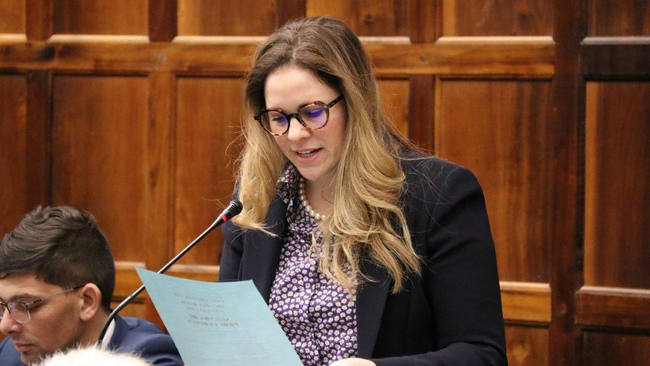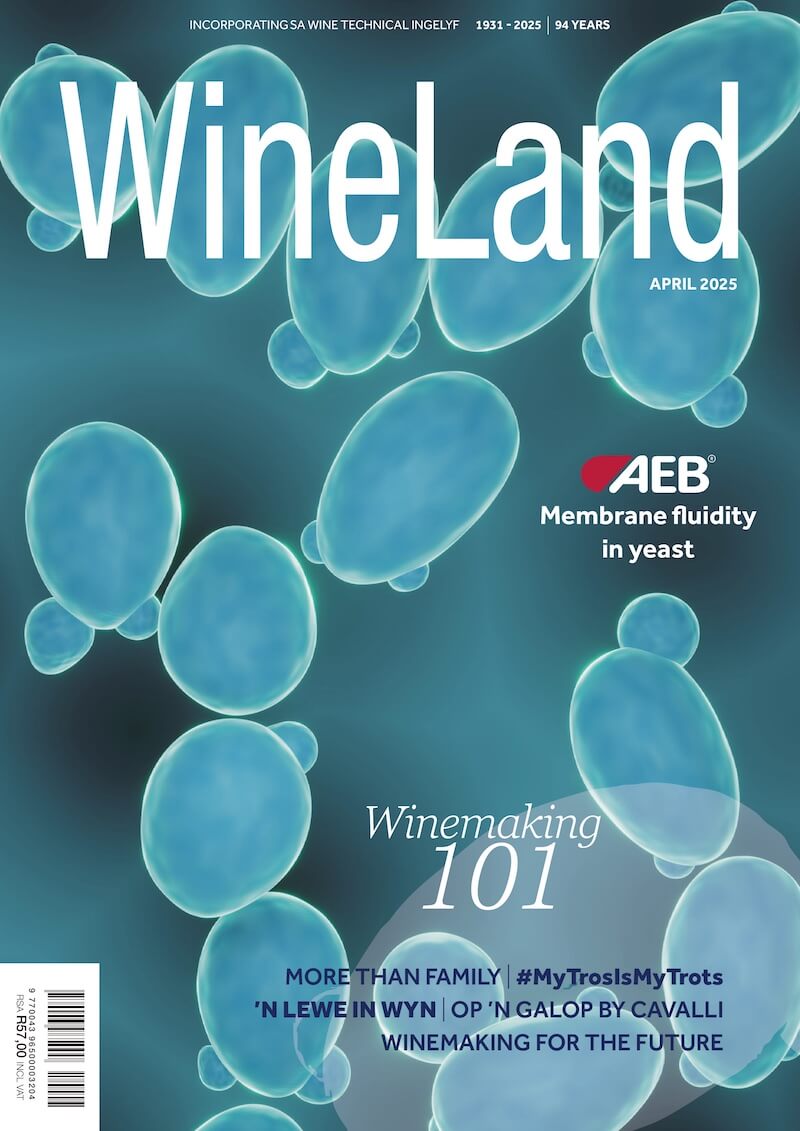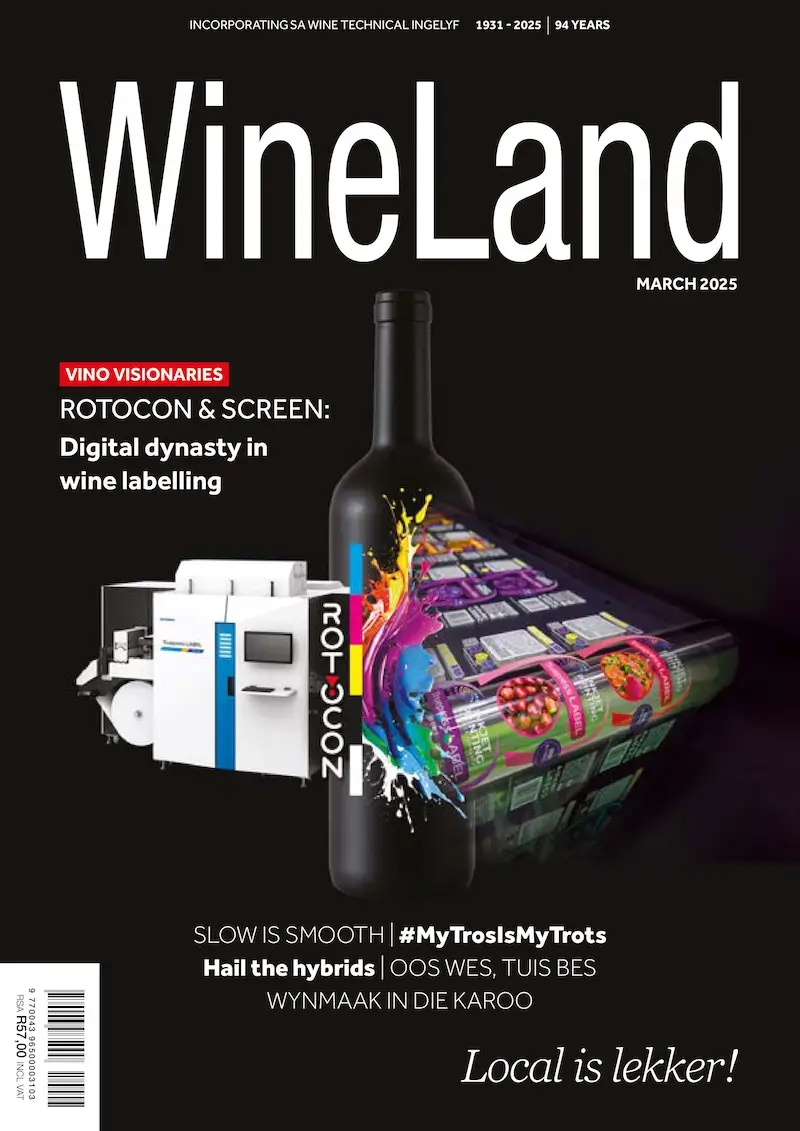MEC Mireille Wenger welcomes the end to the national Transnet strike, now that the South African Transport and Allied Workers Union has accepted the wage settlement.
However, over the last 14 days, a significant backlog has built up at our Ports, with industry experts stating that it may take anywhere between six and ten weeks to clear.
The Western Cape’s Department of Economic Development and Tourism is continuously engaging with freight forwarders, exporter associations and transporters about increasing the utilization of the night shift to help clear the backlog and are encouraged by the industry’s commitment to doing this.

MEC Mireille Wenger
MEC Mireille Wenger on the backlog:
- Evacuating empty containers from the terminal to the shipping line depots;
- Moving packed containers from cold stores and other loading facilities to the terminal for export;
- Evacuating containers with imports that were offloaded from vessels to the premises of importers; and
- Collecting empty containers from shipping line depots for exporters to pack.
Freight forwarders and shipping lines assign these tasks to transporters to do this work, which requires forward planning to make sure there are enough staff for all shifts.
November marks that start of the table grape exporting season, which is a substantial export earner, and which generated almost R9.8 billion in 2021 in exports to the rest of the world. Ensuring our Ports are working efficiently is therefore a top priority.
Prior to the strike, we had seen some notable improvements at the Port of Cape Town, including waiting time to berth being one day or less for 5 consecutive weeks in August and September this year, the average total turnaround time for vessels coming in under the target time in August, and the breaking of the highest weekly volume of TEUs moved in early August with 19 500 TEUs moved.
Research presented at a recent workshop showed that an efficient Port of Cape Town with sufficient capacity and investment in key infrastructure, has the potential to contribute an additional R6bn in exports, roughly 20 000 direct and indirect jobs, and over R1.6 bn in additional taxes by 2026.
This is why ensuring a well-functioning and efficient port is a key priority for the Western Cape Government because if it works well, we can increase economic growth which will lead to job creation in the province.
WATCH: Transnet Strike
ALSO READ: Cape Town Ports plan R16.1b investment over next 7 years
Mireille Wenger, Western Cape’s Minister of Finance and Economic Opportunities, says the R16.1 billion capital investment spending plan for Western Cape Ports is good news, but needs to be “front loaded” over next 3 years
Media reports that Transnet National Ports Authority plans to spend R16.1 billion rand on improving the Western Cape’s ports over the next seven years is positive news that will help improve investor confidence, especially as we approach peak season for key sectors that make use of port services.
Transnet National Ports Authority (TNPA) announced that three ports along the Western Cape coast will receive upgrades to the tune of R16.1 billion over the next seven years, according to the Transnet National Ports Authority (TNPA).
Mossel Bay, Saldanha, and Cape Town ports, identified as the TNPA’s Western Region, are being upgraded to “efficiently facilitate trade”.
The lion’s share of the Western Region’s capital investment programme, some R8.4 billion, will go to Saldanha. This port is unique in that it has a purpose-built rail link directly connected to a jetty bulk loading facility for the shipment of iron ore. In addition to moving iron ore, Saldanha also has facilities to handle crude oil.
A total of R5.5 billion has been allocated to Cape Town over a seven-year period, and R2.2 billion will be used to upgrade the infrastructure of Mossel Bay’s port. More than R450 million will be spent as part of the TNPA’s capital investment programme in the current financial year.













